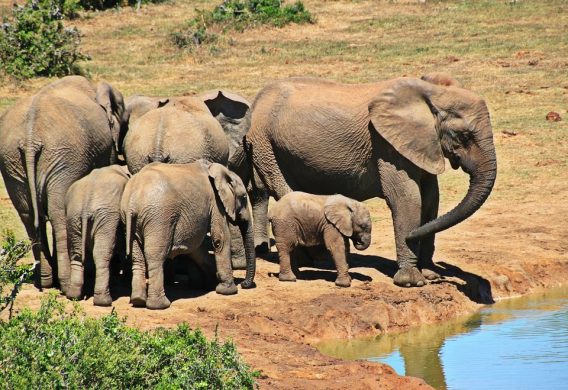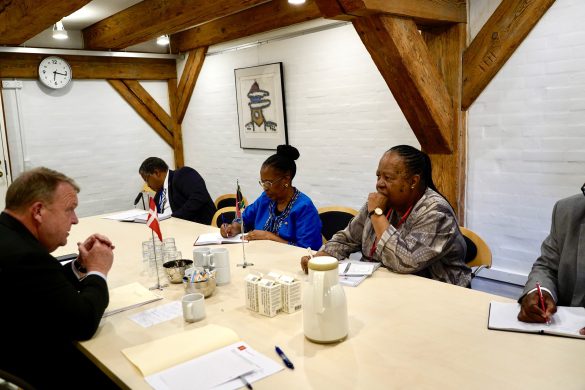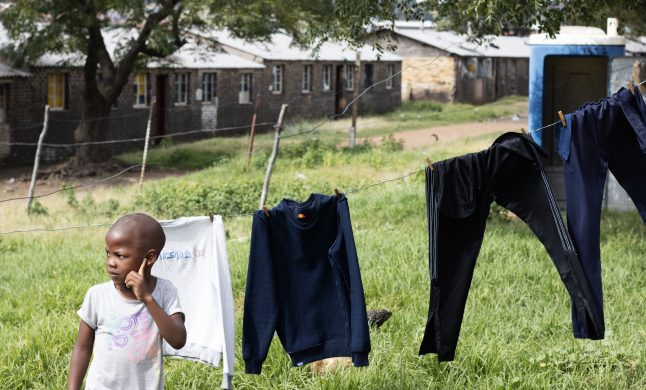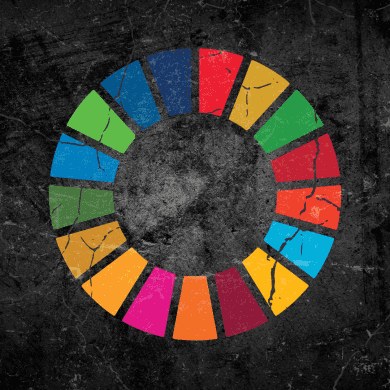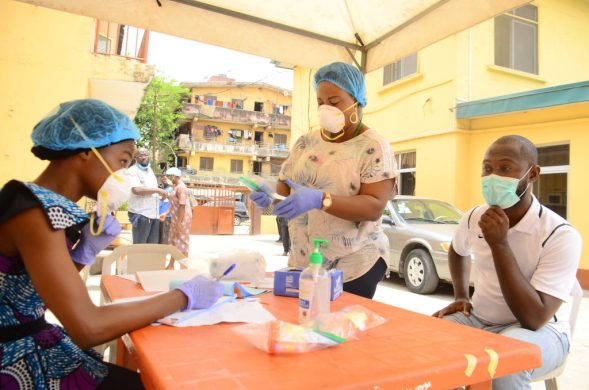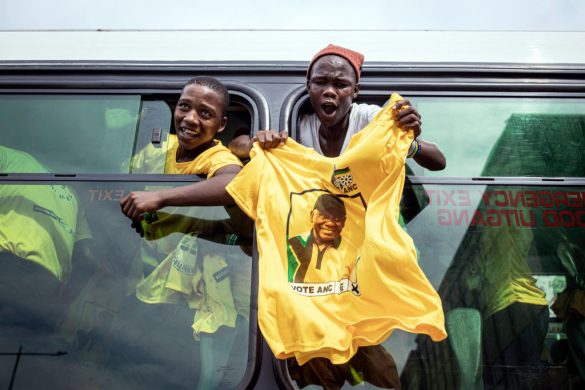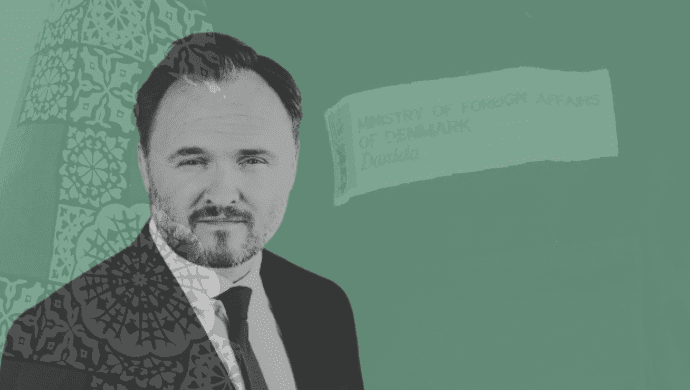On Monday, 3 October, the Parties voted against proposals from Namibia and Zimbabwe that would have effectively opened legal ivory trade from their countries.
“The decision to maintain the existing ban on international ivory trade was the right one for elephants,” said Ginette Hemley, head of the WWF delegation to CITES CoP17.
“African elephants are in steep decline across much of the continent due to poaching for their ivory, and opening up any legal trade in ivory would complicate efforts to conserve them. It could offer criminal syndicates new avenues to launder poached ivory, undermining law enforcement, and would undercut efforts to reduce the consumer demand that is driving the mass poaching.
The Parties decided to close domestic ivory markets and strengthen national plans to combat illegal ivory trade as the best way forward to save elephants, she said.
“It is imperative that countries now turn these decisions into strong action. Otherwise, the future of one of the world’s most iconic animals will fall further into doubt.”
Recommends closing domestic markets
In addition, the Wildlife Conservation Society reported that the delegates adopted a resolution which “recommends that all Parties and non-Parties in whose jurisdiction there is a legal domestic market for ivory that is contributing to poaching or illegal trade, take all necessary legislative, regulatory and enforcement measures to close their domestic markets for commercial trade in raw and worked ivory as a matter of urgency…”
The global community further chipped away at the elephant ivory market, the society said, when member countries adopted the resolution recommending the closure of domestic ivory markets around the world. “Traffickers and criminal networks are losing their markets and losing their financial incentives to kill Africa’s elephants for their ivory.”
No maximum level of protection for all African elephants
However, the day before, the attempt to give the maximum level of international protection to all African elephants – uplisting all African elephants from Appendix II to Appendix I – failed. The proposal was put forward by the African Elephant Coalition; it was strongly supported but it did not get the two-thirds majority needed to be passed.
The elephants of Namibia, South Africa, Botswana and Zimbabwe are listed on Appendix II but with an annotation that prevents any trade in their ivory. Three opposed the uplisting, saying their elephant populations were strong. Botswana threw in its lot with the coalition proposal.
“This is a tragedy for elephants. At a time when we are seeing such a dramatic increase in the slaughter of elephants for ivory, now was the time for the global community to step up and say ‘no more!,’” said Kelvin Alie, wildlife programme director at the International Fund for Animal Welfare (IFAW).
“Parties now have a moral obligation to ensure that they do all they can to protect this species. They must close domestic ivory markets, and help secure elephant populations across their entire range.”

